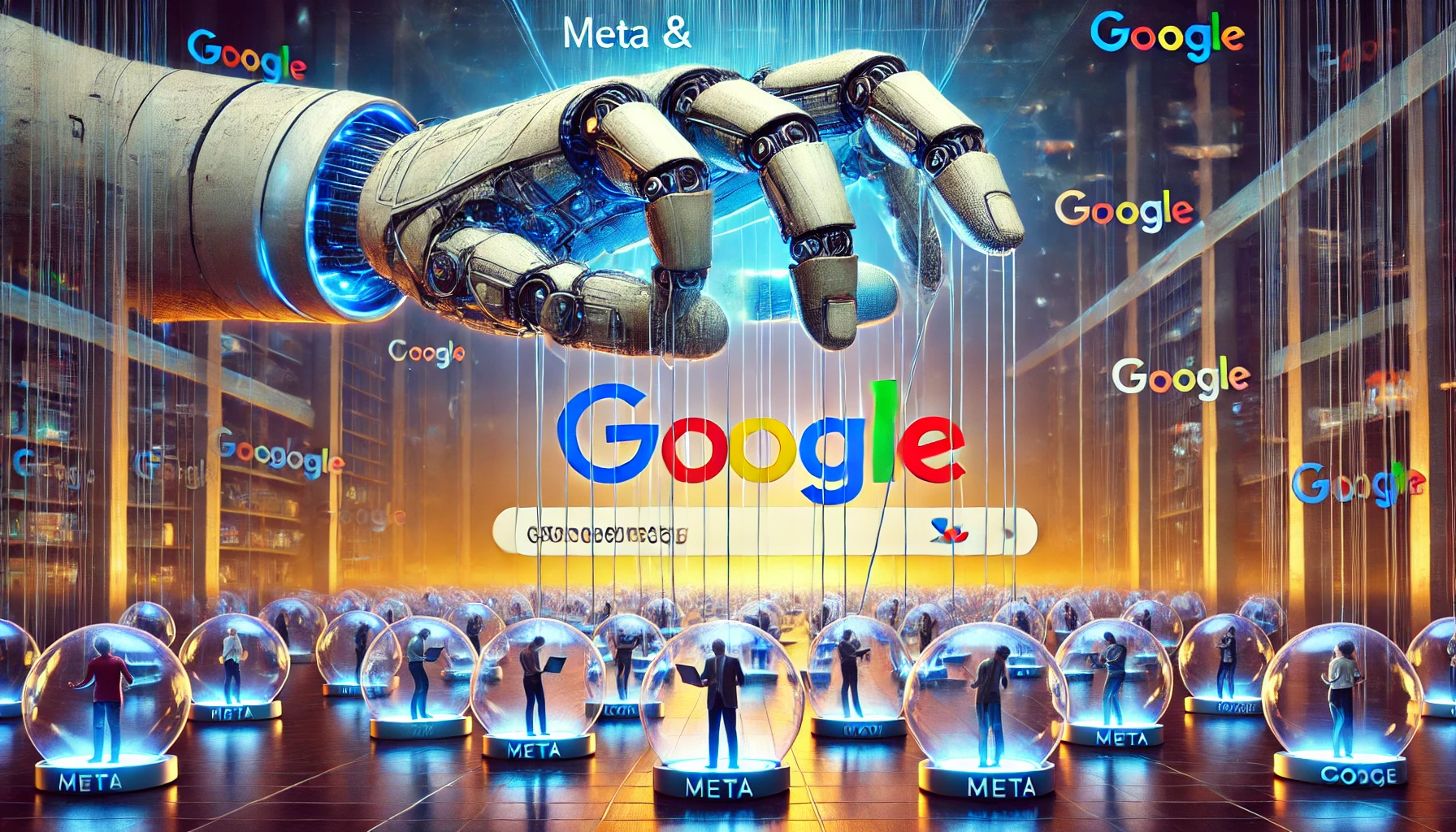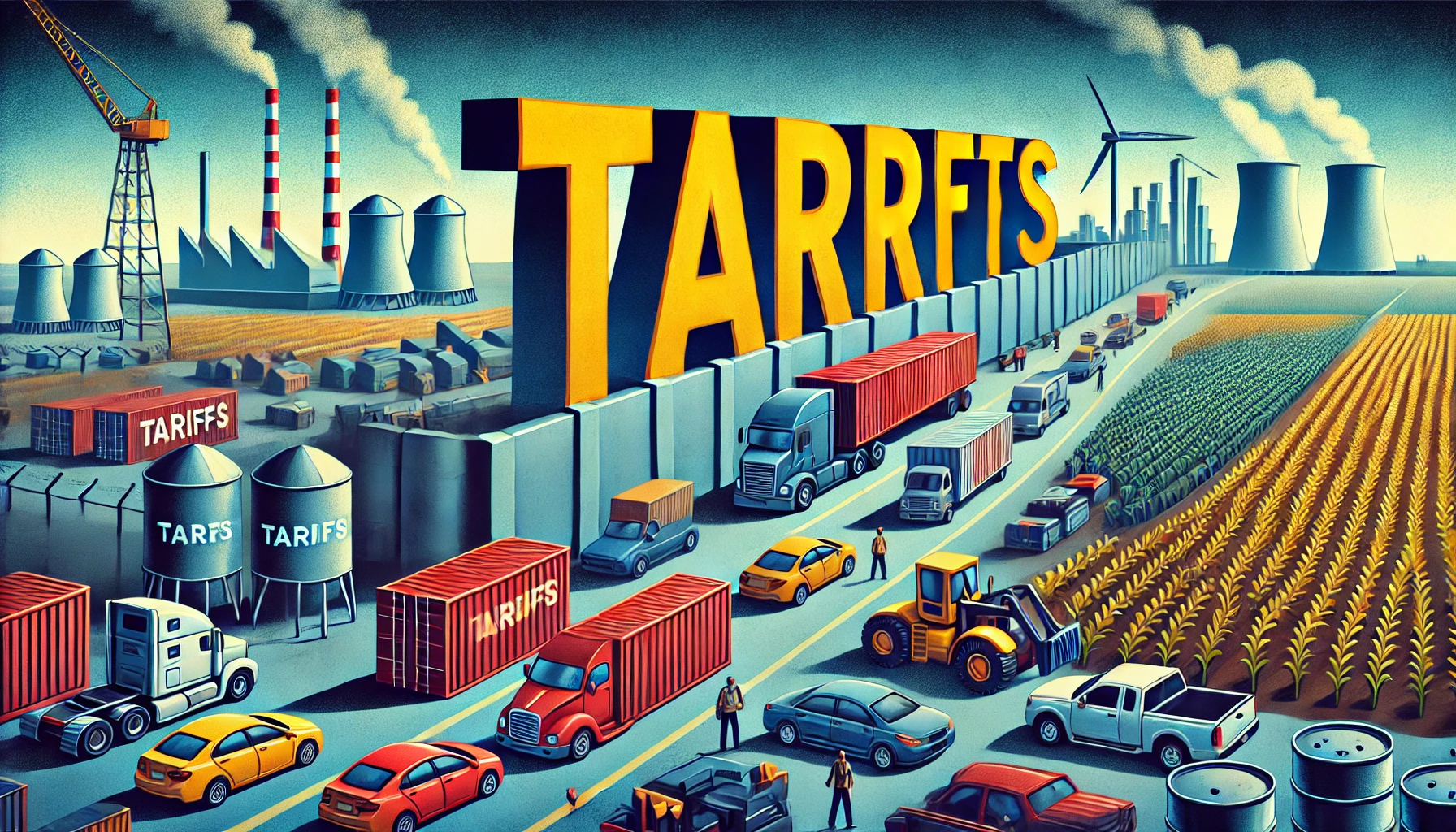The digital landscape is not an impartial forum for the free exchange of information, but rather, a curated ecosystem shaped by the invisible hands of corporate interests and algorithmic governance. The sudden, omnipresent inclusion of Threads in Google search results is not an accident. It is a calculated move, likely the result of a mutually beneficial arrangement between Meta and Google, two titanic entities that dictate the flow of online discourse.
The question we must ask is this: to what extent do these arrangements influence not just what information we see, but how we perceive reality itself? The privileging of specific platforms in search rankings creates an information hierarchy, one that prioritizes corporate-approved narratives while relegating dissenting perspectives to the digital abyss. This is not merely an issue of competition among tech giants; it is an issue of epistemological control.
Furthermore, this raises broader concerns about the intersection of corporate influence and government policy. Given the historical meetings between Mark Zuckerberg and political figures, and the cozy relationship between Silicon Valley and Washington, one cannot help but wonder whether the prioritization of Threads in search results is an act of market manipulation or a symptom of deeper political collusion. If information is the foundation of democracy, then the question of who controls that information becomes one of paramount importance.



